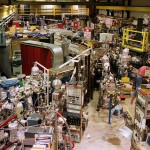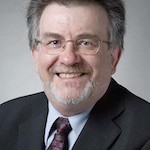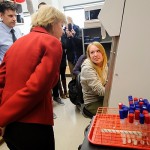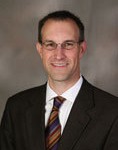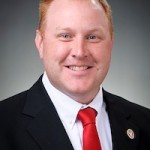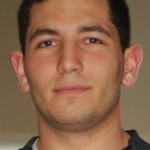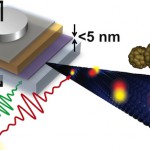Tag Federal relations
Advanced physics tool to shut down after almost 30 years
Faced with a federal funding shortfall, the University of Wisconsin–Madison has decided to shut down its Synchrotron Radiation Center near Stoughton on March 7.
Wisconsin has numbers in federal budget talks
No fewer than three members of Wisconsin’s Congressional delegation are among 29 representatives and senators tasked with resolving differences between the two houses on the federal budget.
Early career award funds study of messenger RNA stability
In an effort to improve microorganisms that can sustainably produce fuels and chemicals, a University of Wisconsin–Madison engineer is using a U.S. Department of Energy award to study what - if anything - gets lost in the translation of genetic information.
Kind honored for research support, advocacy
Interim Chancellor David Ward and the Science Coalition have presented Congressman Ron Kind (D-Wis.) with its Champion of Science Award in recognition of his strong commitment to funding the basic research that keeps the United States and the state of Wisconsin at the forefront of scientific discovery and technological innovation.



